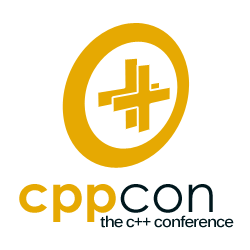Reaching out for new speakers at Meeting C++ 2017
An update on the ongoing call for talks for Meeting C++ 2017:
Reaching out for new speakers at Meeting C++ 2017
by Jens Weller
From the article:
Maybe you can help in an ongoing effort for the C++ Community...
There is an ongoing effort, to ensure that everyone feels welcome at our C++ events...

 You want to know what happened?
You want to know what happened?
 ACCU’s Overload journal of April 2017 is out. It contains the following C++ related articles.
ACCU’s Overload journal of April 2017 is out. It contains the following C++ related articles.